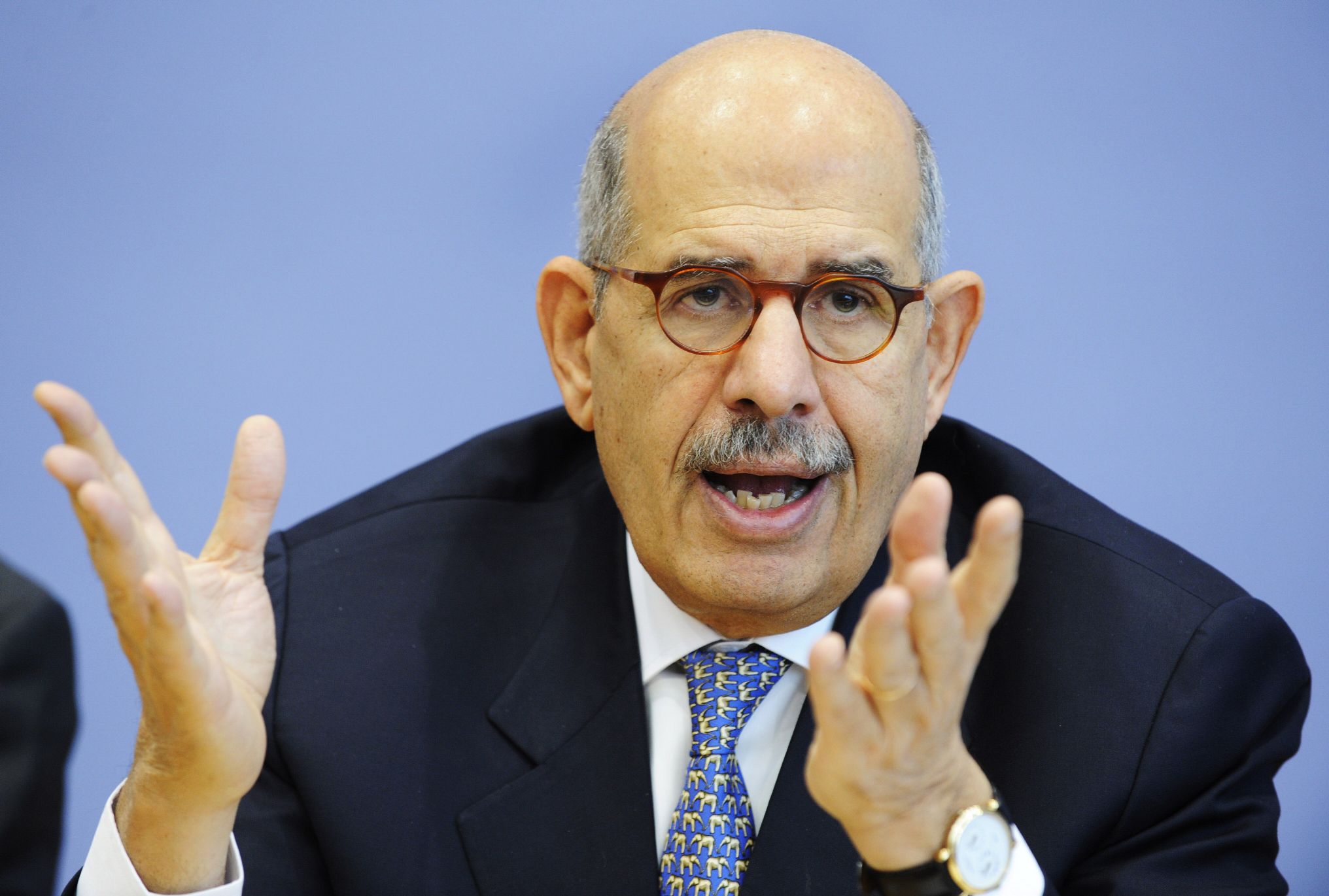Egypt’s Minister of Health and Population Hala Zayed has announced that her ministry has secured 40m doses of vaccines against the novel coronavirus (COVID-19) through contracts with an international coalition.
In televised statements on Saturday evening, Zayed said that her ministry is also negotiating with Pfizer to purchase its COVID-19 vaccine. She added that about 100m doses of vaccines will be provided to 50 million citizens over the age of 18 years, and highlighted that vaccination is not obligatory.
“We will start working on manufacturing vaccines, and international experts from Geneva are evaluating the Egyptian production lines,” the minister said, “We have agreed with the Chinese corporation, Sinopharm, for the manufacturing of vaccines, with the Tahya Misr Fund to finance vaccinations in Egypt.”
She emphasised that Egypt has the financial funds capable to provide vaccines, and added that once the second shipment of vaccines arrives, the vaccination phase will take place during the second and third weeks of January. The elderly and those suffering from chronic illnesses will be given priority in the vaccination process.
President Abdel Fattah Al-Sisi has directed for the armed forces engineering authority to assist the Ministry of Health and Population in monitoring the readiness of vaccination sites, and raise their efficiency.
Zayed said that 363 hospitals across Egypt are providing medical treatment for COVID-19 cases, and have a sufficient number of beds. She also said that it is expected that respiratory diseases will rise over December and January, as people tend to assemble indoors during the winter, allowing the pandemic to spread.
The minister added that the officially released numbers of COVID-19 cases in Egypt represent 10% to 15% of the real infections, as the majority of patients with the virus receive treatment from a private doctor and at home.
Zayed said that 30% of cases in Egypt are among families, with 12% among those who are unemployed.
“The increase was expected, and our treatment protocols are up to date, with treatment free of charge,” she added.



